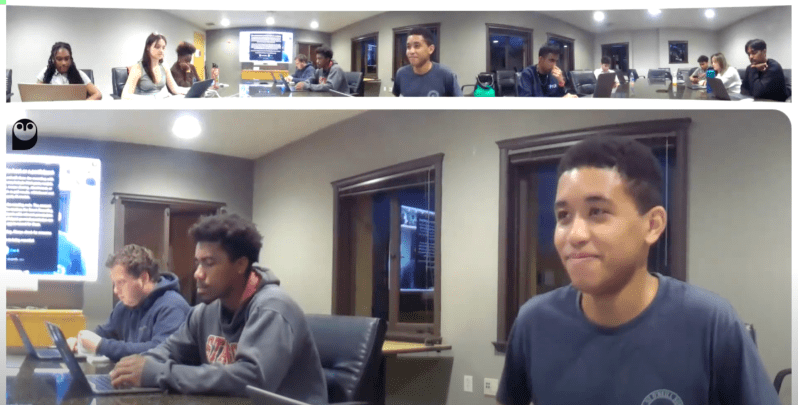The Undergraduate Senate (UGS) unanimously voted to approve a by-law that defines what kind of Honor Code violation allegations would warrant a low, medium or high level review under the new student conduct charter at its Tuesday meeting.
The Student Conduct Charter went into effect in May 2023, replacing the previous 1997 Student Judicial Charter and outlining procedures to investigate potential Honor Code violations and other student conduct concerns.
The newly enacted by-law, which was also unanimously passed by the Graduate Student Council (GSC) earlier on Tuesday, specifies examples of offenses that would be met with each tier of investigation. The by-law’s approval follows prior UGS debate on its particulars.
Lower level, first time offenses are to be generally met with Alternative Resolution which, according to the Student Conduct Charter aims to be a process “educational and restorative in nature” and requires student admission of culpability. Higher level or repeated offenses would warrant a mid or high level investigation before a hearing panel.
The UGS also discussed the University’s evaluation of transfer credits. The conversation largely revolved around research from former Associated Students of Stanford University (ASSU) Vice-President Christian Sanchez ’24, a transfer student.
Sanchez’s three main recommendations for reform included improving accessibility of information for prospective transfer students, re-evaluating course equivalency requirements and creating stronger support for transfer students during their first quarter at Stanford.
“It seems that private institutions don’t follow any particular pathway,” Sanchez said, referencing a lack of examples from peer institutions for Stanford to follow. Sanchez recieved support from many senators, including UGS Co-Chair Diego Kagurabadza ’25, who said that he hopes to work with the GSC and Faculty Senate to implement his recommendations in the future.
Senators also delved into the relationship between the Associated Students of Stanford University (ASSU) and On Call Café, including the potential of amending the café’s “service organization” designation to include a bi-annual (rather than quarterly) status review.
ASSU Executive President Sophia Danielpour ’24 and Executive Vice President Kyle Haslett ’25 talked about FLiCKS’s successful debut in April, and pointed to a form that students can use to suggest future FLiCKS movies for the rest of the quarter. According to Danielpour, the ASSU is also holding a competition for ideas for all-campus events that could be implemented during the academic year. Danielpour said that these ideas could include “ideas that might have been complicated to get through the neighborhood system.”
